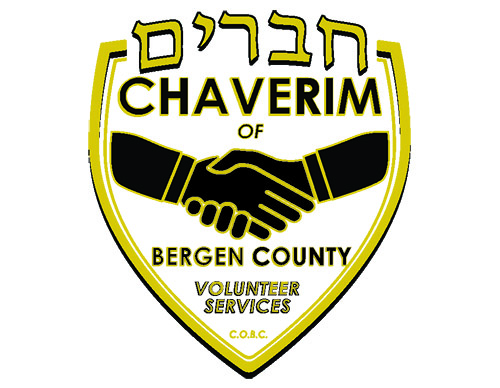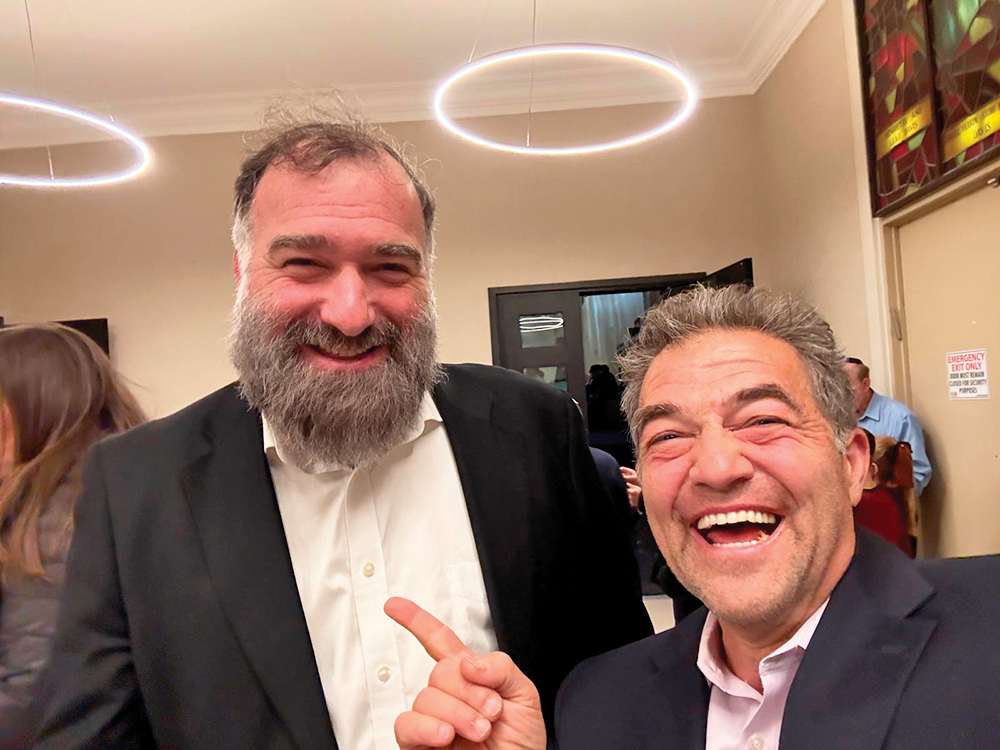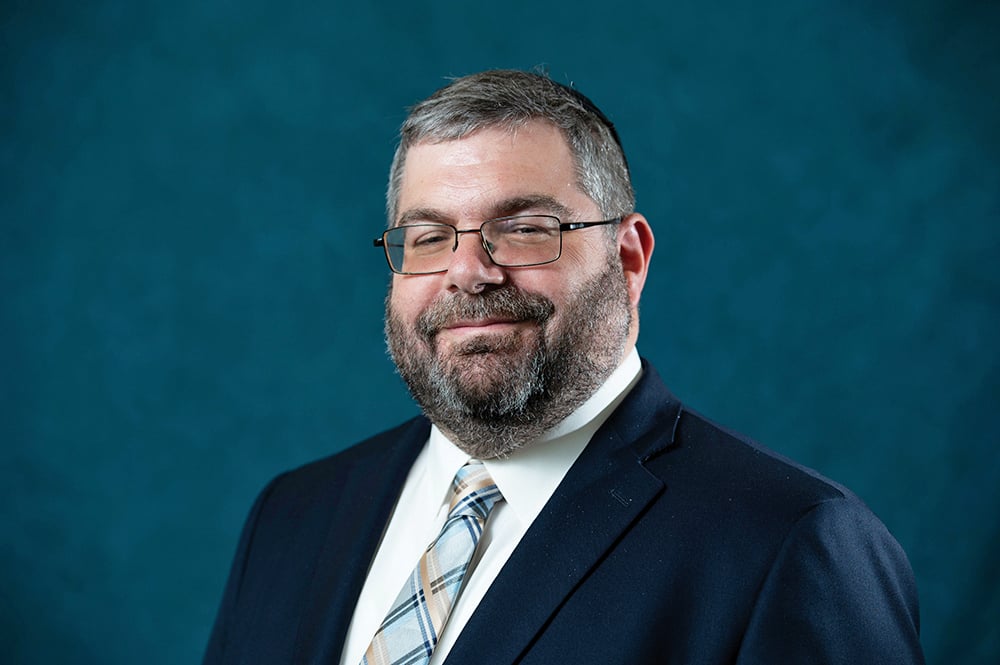
Chaverim, a chesed group involved in non-emergency types of assistance to local residents in Teaneck and Bergenfield as well as travelers to the region for the past decade, is now spreading its wings to serve all of Bergen County, and changing its name to Chaverim of Bergen County.
Chaverim means “friends.” Originally launched in 1999 in Rockland County, Teaneck’s Chaverim was founded in 2009 by Yehuda Feig, David Roberts and Leib Kohn, when they were post-high school yeshiva students at the Yeshiva Gedolah of Teaneck (now known as Yeshivas Bais Mordechai). In 2014, The Jewish Link reported on an instance where Chaverim succeeded in finding a 6-year-old child’s cochlear implant hearing aid in a massive pile of autumn leaves, after a five-hour effort.
Rabbi Eliyahu Roberts, rosh yeshiva of Yeshivas Bais Mordechai, had this to say about Chaverim in a recent Shabbat shmooze: “People hear about Chaverim but often don’t really know what it is until they need it. I called Chaverim once, and on the first ring, someone picked up and said, ‘Chaverim, how can I help you?’ They were there for me, and helped me in a very quick time. It made me so happy to be a Jew. It’s just amazing what Chaverim does.”
Chaverim started locally with four or five volunteers and expanded to approximately 25. It is now run by Solomon Itzkowitz and Mickey Cohen, both of Teaneck, who hope to expand the volunteer roster to 60 or more, and drawing from communities such as Bergenfield, New Milford, Englewood, Tenafly, Fort Lee, Paramus and Fair Lawn. “We are taking the flag that has already been planted and spreading our wings,” explained Cohen. During the COVID era, the response time for Chaverim has been promised as “under half an hour,” but in many cases help has arrived in five or 10 minutes.
Chaverim occupies a small niche but is a vital and extremely useful organization for various religious communities in the metropolitan area. In Rockland, Passaic, Brooklyn and Lakewood, Chaverim have helped individuals get out of various pickles and find lost objects. They have also responded to non-emergency issues like basement flooding in hurricanes and tropical storms, and even been called to assist in missing-person cases. “We are just here to do a mitzvah, to help people out. It’s a very comforting feeling to be there for someone,” said Itzkowitz.
Cohen explained that Chaverim serves a unique purpose in non-emergency moments when people just need a little bit of help in a specific way. “Things out of the ordinary happen sometimes when least expected. It brings with it, often, an uncomfortable feeling, but there’s nothing to worry about and it’s very normal.
“We as Chaverim are able to help at that time,” said Cohen. “As an example, this really happened: Someone had two flat tires, and you just can’t drive on two flat tires. We had to put on the spare, fill up the other tire with air, and drive with two Chaverim, tag-teaming, stopping every few minutes and filling up the flat tire until we got to the mechanic.”
Cohen, who generally works as a dispatcher, once personally responded to a call about a bird stuck in a house. “I’m not an animal expert, but I reached out to someone who knows what to do. I got the advice of what to do, and did it.”
Itzkowitz comes from a family of active balei chesed. His brother, David Itzkowitz, was a founder of Chaverim in Kiryas Yoel; and his grandfather, Rabbi Moses Hoffman, z’tl, was a founder of Shomrim in Williamsburg. “We are not remaking Chaverim, just seeking new volunteers because we are getting busier and don’t want to overwhelm our current volunteers,” he explained.
“We have been getting calls not just from Teaneck, but from Bergenfield and the surrounding communities,” said Itzkowitz.
Chaverim of Bergen County is seeking many more volunteers to join its ranks, most often for roadside assistance and other types of services to people who might be stuck on the way somewhere and need a helping hand. A car and the ability to drive, and a flexible schedule to help out at unexpected moments, are generally the most important qualifications for volunteers. Chaverim helps callers who might have an unexpected problem with their home or car, who may have run out of gas, need a car battery boost, or need help with a flat tire. Volunteers carry equipment in their cars to be ready to respond at all times, day or night.
“When different calls come out, we can be of help in a safe and secure way,” said Cohen. “The goal now is to let people know that we are going from level one to level 10 … We are here, we’re very excited, and we want more volunteers who want to do a mitzvah and help others out.”
Cohen added that those interested should scan the QR code from the ad on this page and fill out the form to volunteer or ask questions. You can also visit Chaverim’s website directly for further info: https://cobchelp.com/.
Chaverim’s hotline number, which is answered by a live person 24 hours a day, six days a week, is 201-800-HELP (4357). “I want everyone to remember that, as a dispatcher, we are not for emergencies. People should call 911 if there is an emergency,” said Cohen.












